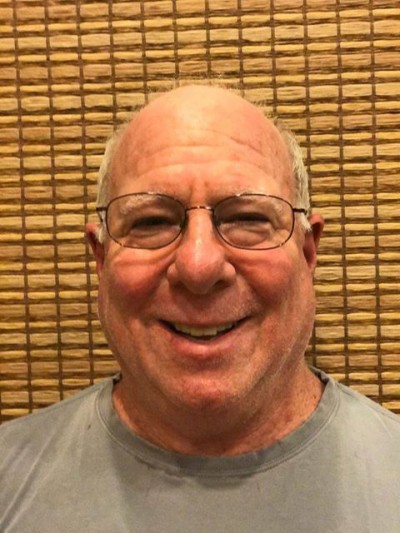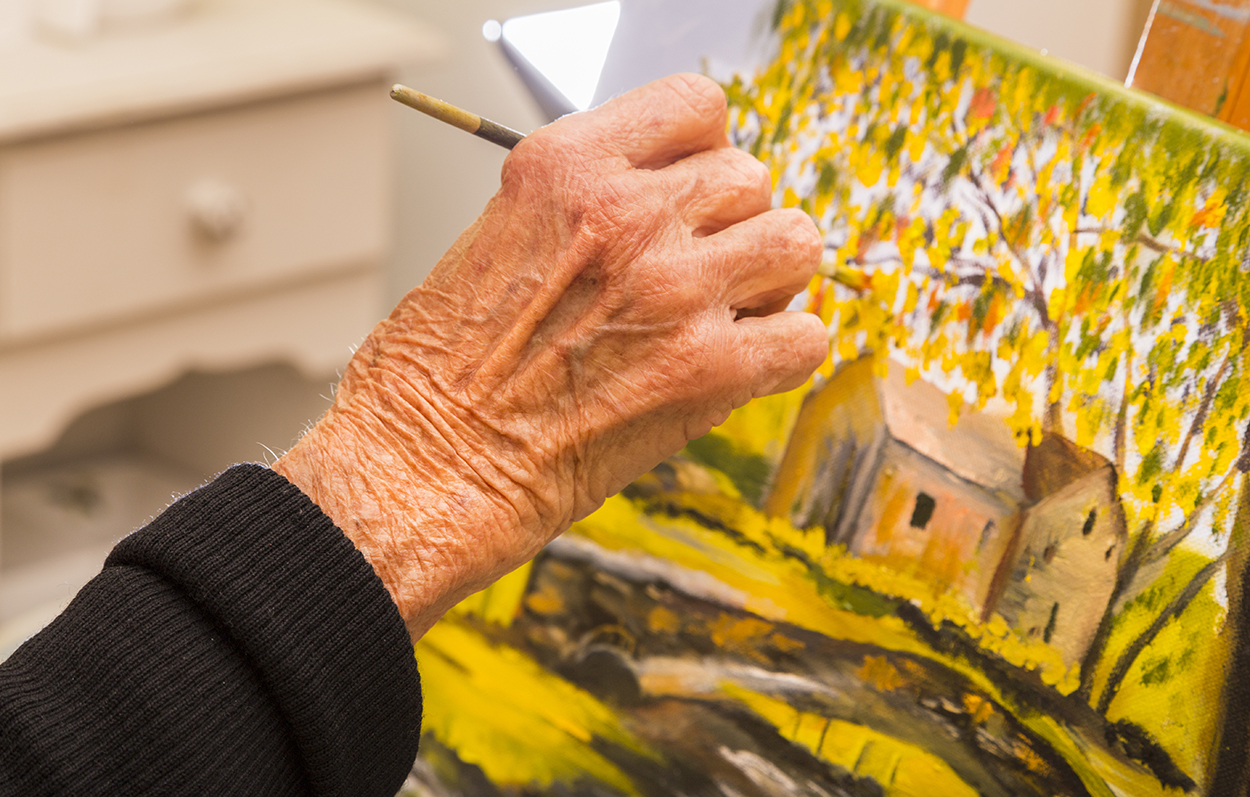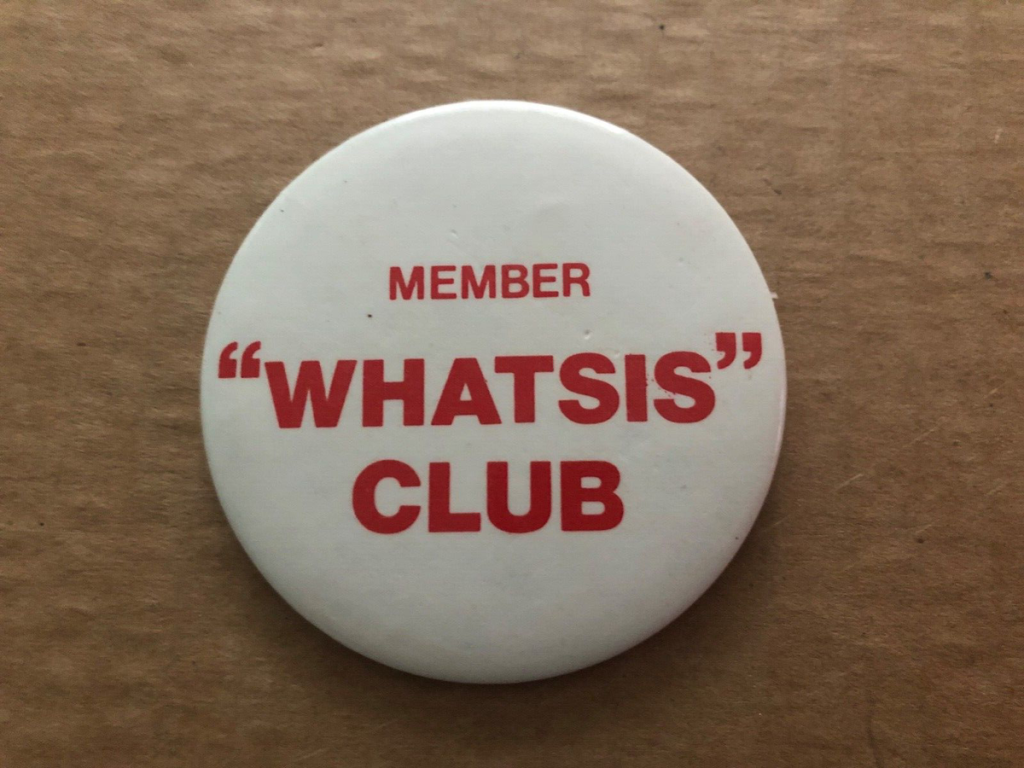I just finished reading a really good book, entitled Breaking the Age Code: How Your Beliefs About Aging Determine How Long & Well You Live (2022), by Becca Levy, PhD. I recommend it. It is about Levy’s groundbreaking research at the Yale School of Medicine.
Before starting the book, I was already somewhat familiar with her world-class research. It was the second part of the book that pleasantly surprised me. In it, Levy addresses creativity and the senses, ageism and an age liberation movement. She offers stories that introduce us to people who are aging with intention. She describes practical, concrete ways to engender pro-aging attitudes and age-just communities.
Because of COVID, my 50th college reunion was delayed a year. As I read Breaking the Age Code, the top of page 120 jumped out at me:
When sixty-year-old Henry Longfellow was asked to speak at his fiftieth class reunion at Bowdoin College, he read a poem he’d written for the occasion.
It is too late! Ah, nothing is too late
Till the tired heart shall cease to palpitate….
Chaucer, at Woodstock with the nightingales,
At sixty wrote the Canterbury Tales;
Goethe at Weimar, toiling to the last,
Completed Faust when eighty years were past….
What then? Shall we sit idly down and say
The night hath come; it is no longer day….
Something remains for us to do or dare;
Even the oldest tree some fruit may bear…
For age is opportunity no less
Than youth itself, though in another dress,
And as the evening twilight fades away
The sky is filled with stars, invisible by day.
Even though this poem was written 150 years ago, it feels contemporary in its claims and concerns. Longfellow gently but firmly disputes the thought that old age is a time when opportunities are lost. Rather, he contends they can become recognizable for the first time, in a new form.
I used to believe in coincidence—I haven’t for several years.
Seventy-three-year-old Marc Blesoff went to his 50th class reunion at Bowdoin College in June 2022. He was not asked to speak there. He wrote a poem, not for the occasion.
I have loved myself
for a long, long time.
I yearned to treat myself with
tenderness.
My aching heart,
for me never realizing
that I loved me,
that I was there all those years,
maybe all those lifetimes,
and I just wasn’t aware
as I watched myself and waited.
Eckhart Tolle says that self-observation is an essential part of a change in consciousness. Conscious aging allows the opportunity to get closer to being the person we’d like to be. We can reframe aging. We can all grow into something as we age—including something recognizable for the first time, in a new form.

Marc Blesoff was a criminal defense attorney for 35 years, then he began facilitating Conscious Aging workshops, which has helped him melt the armor he’d built up as a defense lawyer. He’s a founding member of Courageus (formerly A Tribe Called Aging), a group of activists and thinkers trying to re-frame our culture’s outlook, policies and fears about aging and dying. Currently, he is the chairperson of the Oak Park, IL Aging-In-Place Commission.



